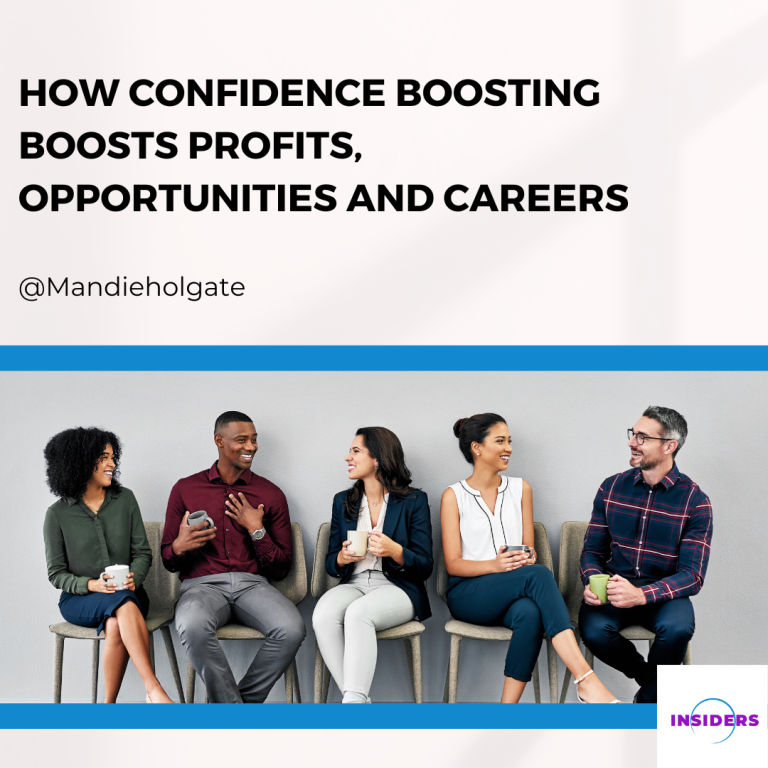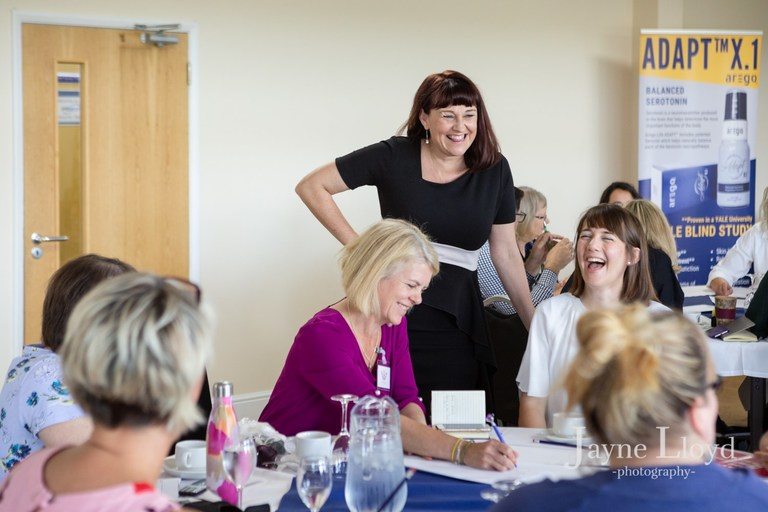Are you really professional? Professionalism and your success. (Warning: Not for the faint hearted)
Okay so this is a difficult one, and I’ve been sitting on the edge of writing this for about 2 years. But since it’s at a near critical level I’d better mention it.
A lack of professionalism is killing many people’s success.
There I said it.
People think they are professional but in the last 24 hours I’ve had 4 people talk to me confidentially (because they know I will be confidential) about this issue.
(These are not their stories – these are some of the ones that I’ve seen in the last year. There’s plenty more!)
- The business owner that told me they couldn’t believe they’d spent months trying to get a client to complete the paper work. Only to phone them and discover they were “Desperate to get started” so why had they not been in touch, completed the paper work or phoned?
- The business owner that needed someone to turn up at a set time and they didn’t just not show they didn’t even explain why!
- The contractor that was unceremoniously sacked from a position via email after years of loyal service.
- The business owner who was unhappy with the quality of a product and instead of telling the supplier they ranted on social media and slated the company at networking events.
- The business owner that discovered they’d been removed from social media groups and had all of their messages ignored in a “we hope they just go away” approach.
If you’ve ever done any of these things it’s damaging your success;
- Talked about people behind their back.
- Not picked up the phone when you are unhappy with the service, product quality, etc.
- Not turning up to things you said you would.
- Not done something that you said you would.
- Hidden behind email when you should have told someone how you really felt over the phone or in a face to face meeting.
There’s plenty more but you get the idea.
The point is that owning a business is not all high sales, happy clients and fun times. It can be hard work and it can also be uncomfortable (top tip if it doesn’t feel uncomfortable once in a while then you are not pushing yourself – speak to your coach about that.)
You will need to have conversations that you don’t want to.
When I help clients deal with confrontation, I’ve never had the result where the client has had to have an all out slagging match with someone, however they have had to face the situation and address it.
When you don’t’ deal with things in a respectful and appropriate way it can damage your professionalism, your reputation, your sales and even your mental health as you berate yourself night after night about why did you not do that, or not say this.
Difficult conversations do not need instant responses. They need time to process your thoughts. Establish the facts. Remove the emotion and communicate what is wanted to resolve the situation.
Difficult conversations need to be had so that people know you are a business owner and not a push over.
Difficult conversations need to be managed well so that you walk away with your head held high.
- So if you say you are going to attend an exhibition – turn up. I’ve heard plenty of event organisers talk about no shows to their events and the problems it causes. What is worse the situation seems to be getting a lot worse. When I started my professional speaking career you would see a no show average of 10 to 25% now it can be as high as 50%!
- If you say you can help with something, then don’t rain off. If you are a People Pleaser that says an instant yes and thinks after. Learn to say something different like “I’d love to be involved with this. Can you send me some info over so I can check my work load and see if I can.”
- If someone doesn’t turn up for meetings on more than one occasion or contsantly moves your meeting date, do you really want to work with them? Learn to walk away from unprofessional people.
- If you always feel like there is a hidden conversation that you are not part of, find out why. Ask someone. It could be you are not alone in this and others feel awkward and unwanted to. It could be that those that can make a difference have no idea and would really like to be able to address the situation – if they knew about it.
- If you feel you are being treated unfairly stand up for yourself. As above you may not be the only one but you could be the one that helps establish a new transparent, fairer and ethical way of working and communicating for others in the future. Not everyone will have your confidence to speak up. Others may suffer in silence for years!
None of the above our easy. Plan what you will say. Don’t fear the outcome. Trust you are good enough.
You can’t win every battle and you won’t get on with all 4 billion people on this planet. Accept that and be professional. So that no matter what happens you know you did your best, and ultimately that is the best you can do.



